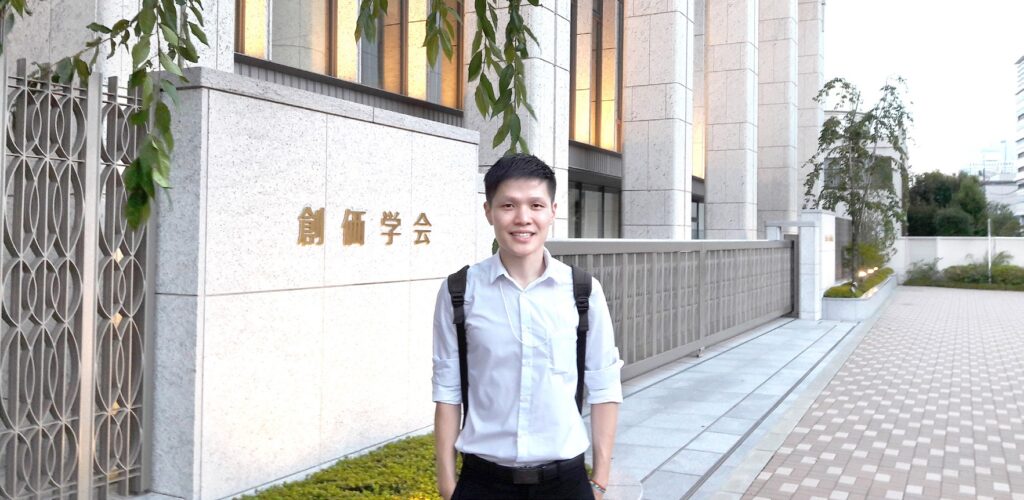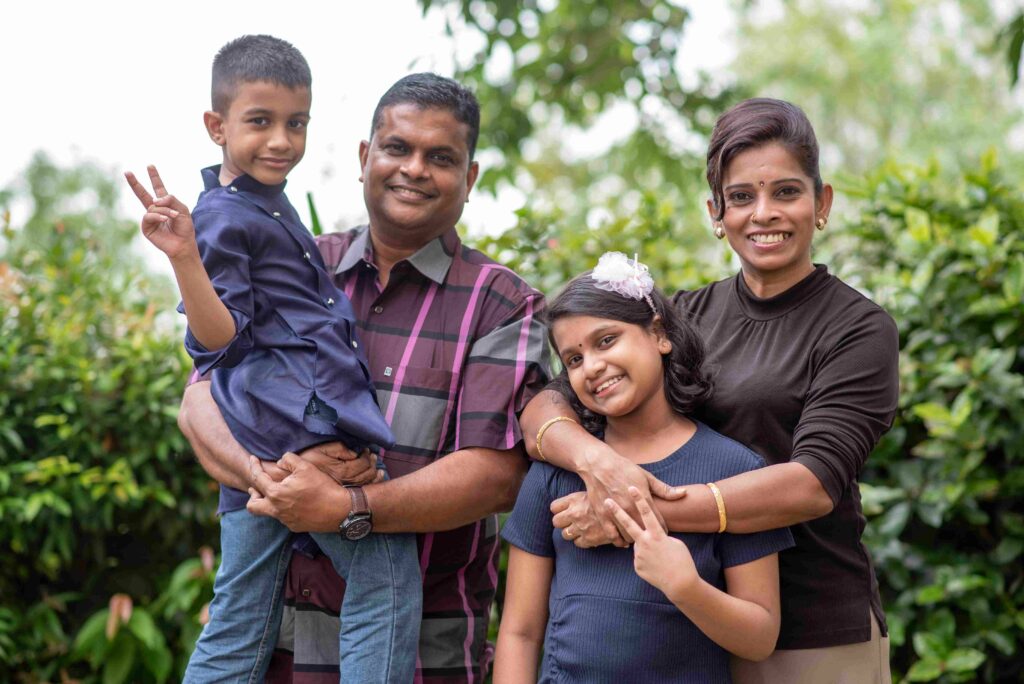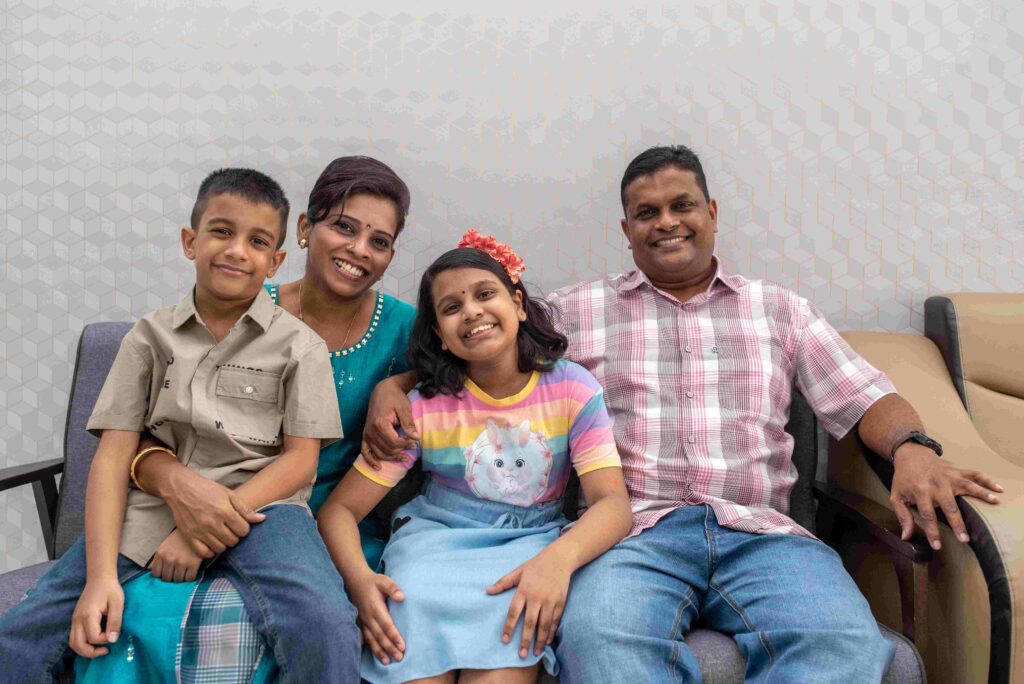Siow Yoon Kee had a long-standing ambition to become a doctor since his secondary school days. However, his motivation to save lives had not taken deep root.
During his college years, he battled gastrointestinal diseases and sought medical treatment from numerous doctors but to no avail. Coupled with a demanding schedule, he experienced immense stress and despair, even contemplating ending his life. Eventually, through the power of chanting Nam-Myoho-Renge-Kyo (daimoku), he realised that his illness was a consequence of an irregular lifestyle, and acknowledged his own arrogance and negligence in his faith. This profound experience led to a shift in his perspective on the purpose of becoming a doctor.
After graduating, he was filled with joy and excitement on his first day of work, being addressed as a doctor. However, that excitement didn’t last. The overwhelming workload, long hours, and the constant fear of being reprimanded for mistakes quickly diminished his initial joy. As a result, the tough realities of the job made him less motivated and less excited about the work he had to do.
Yoon Kee reflected, “I would feel annoyed by patients, especially during night shifts when they complained of pain. I would question them with a skeptical tone. It seemed like I had become a terrible doctor, losing my passion for the job. During those unpleasant days, it was through repeatedly chanting the daimoku that I gradually reflected on my own attitude.”
“I recall a training session for the Beacon Group, a medical group within Soka Gakkai Malaysia, where our seniors encouraged us to face the Gohonzon with our most authentic selves. Inspired by their guidance, I wholeheartedly put it into practice and truly felt the profound joy that daimoku brings. Chanting the daimoku is indeed the greatest of all joys.”

The power of daimoku awakened a profound sense of compassion in Yoon Kee, inspiring him to strive in his human revolution and towards becoming a doctor who could genuinely listen to his patients’ voices.
“After a change in mindset, it was incredible how I found myself wanting to treat patients like family and making an effort to truly listen to their words. My colleagues also noticed that I was more energetic and confident.”
However, transformation takes time and effort. Yoon Kee realised that the biggest hurdle for a doctor is their own sense of superiority. Therefore, his aim was to cultivate resilience and to serve selflessly without seeking personal gain. With the goal of becoming a skilled listener, step by step he made steady progress.
“Once, there was a patient in the final stages of cancer who told me he felt hungry and wanted something to eat. Although I was busy with work, I took a couple of minutes to feed the patient before tending to other patients and resuming my duties. Sadly, the patient passed away thirty minutes later. It was a moment that made me appreciate the power and significance of chanting daimoku, as it enabled me to be there at a crucial time and fulfill the patient’s last wish.
“On another occasion, there was a patient who complained to me, pointing out, “You see, my hands are still swollen, and the medication you prescribed is not effective!” In that moment, I patiently reassured the patient, emphasizing the importance of trusting in the medication’s effectiveness. I assured them that if they maintained their belief, they would experience improvement quickly. As a result, after a few days, the patient’s hand recovered, and the swelling subsided.”
Yoon Kee’s transformation became increasingly apparent over time. Through the practice of faith, he has been forged into becoming a doctor with a sense of mission who confronts the challenges of society with determination. While he humbly recognizes his own areas for growth, he consistently emphasises his resolute dedication to becoming a proficient listener and continuously improving himself.
Adapted from Cosmic May 2017










